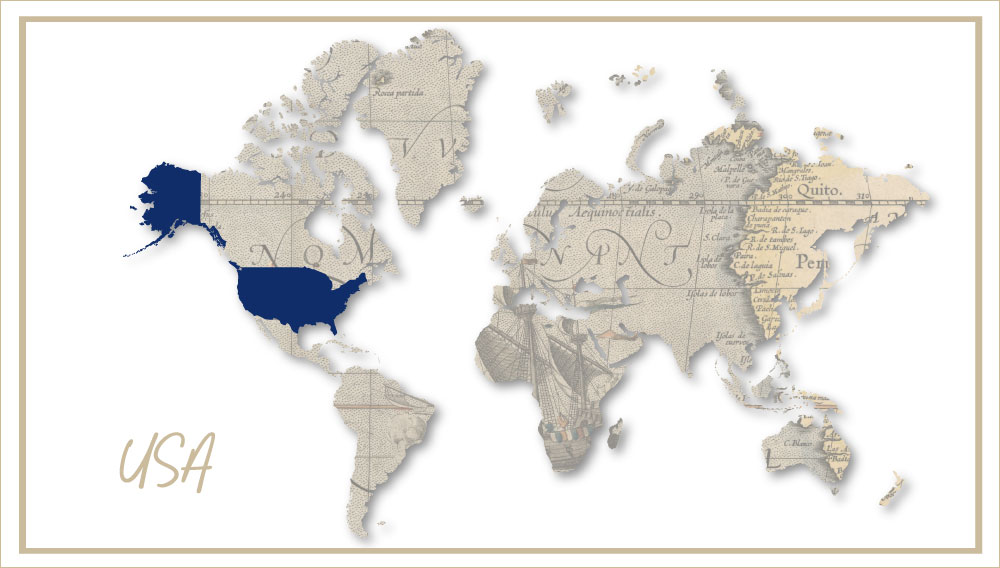USA | There has to be an end to the corn-syrup-in-beer affair. But it is doubtful that a court ruling will provide it. On 21 March 2019 MillerCoors escalated its spat with AB-InBev’s unit Anheuser-Busch by filing a lawsuit in Wisconsin’s federal court. The brewer is seeking injunctive relief for what it calls “a false and misleading advertising campaign targeting Miller Lite and Coors Light.”
USA | The Age of Disruption is upon us, and has taken many industry captains by surprise, including Jorge Lemann, one of the founders of Brazilian private equity firm 3G and a major shareholder of AB-InBev. He already admitted in 2018 that he could not have imagined that big brands could go out of fashion with consumers so quickly.
USA | ZX Ventures, AB-InBev’s global innovation unit, is working across North America to “elevate the beer category online”, which still only represents less than 1 percent of the US food retail sales in 2017.
USA | Workers at the Anchor Brewery voted overwhelmingly to unionise on 13 March 2019, with 36 of the 52 eligible employees casting ballots to join the International Longshore & Warehouse Union.
USA | Boston Beer, the brewer of Sam Adams beer, increased annual turnover slightly to USD 995 million in 2018, the company reported on 20 February 2019. It benefitted from a good fourth quarter, which registered a turnover of USD 225 million compared with USD 162 million in the fourth quarter 2017. Its profits (EBIT) for the full year were USD 117 million.
USA | Constellation Brands seeks to “optimise” its wine and spirits portfolio. The alcohol firm became the number three brewer in the US, thanks to brewing Mexico’s Modelo brands for sale in the United States.
USA | In response to AB-InBev’s Super Bowl ad, which rubbished its rival for its use of corn syrup, MillerCoors has pulled out of a meeting with AB-InBev, Constellation Brands and Heineken, scheduled for March 2019. During the meeting, the three brewers were to decide on generic campaigns in support of the overall beer category, the Wall Street Journal reported.
USA | What do you call a career that weathers two company sales in short succession? The answer is: lucrative. Cutwater Spirits, an upstart distillery from San Diego, has sold itself to AB-InBev for an undisclosed sum. The transaction, which is AB-InBev’s first in the distilling industry, was disclosed on 20 February 2019.
Mexico | The Mexican Coke bottler and retailer FEMSA will start selling AB-InBev’s beers, including Corona and Pacifico, at its Oxxo stores. This was announced on 26 February 2019. The agreement will take effect in April for certain Mexican markets, and will spread to all stores by the end of 2022.
USA |The going is getting tougher for craft brewers, if off-premise sales are anything to go by. According to market research firm IRI, sales of craft beer in supermarkets and the like in 2018 only rose 1.2 percent (until 2 December 2018), compared with the 6 percent growth in 2017.

